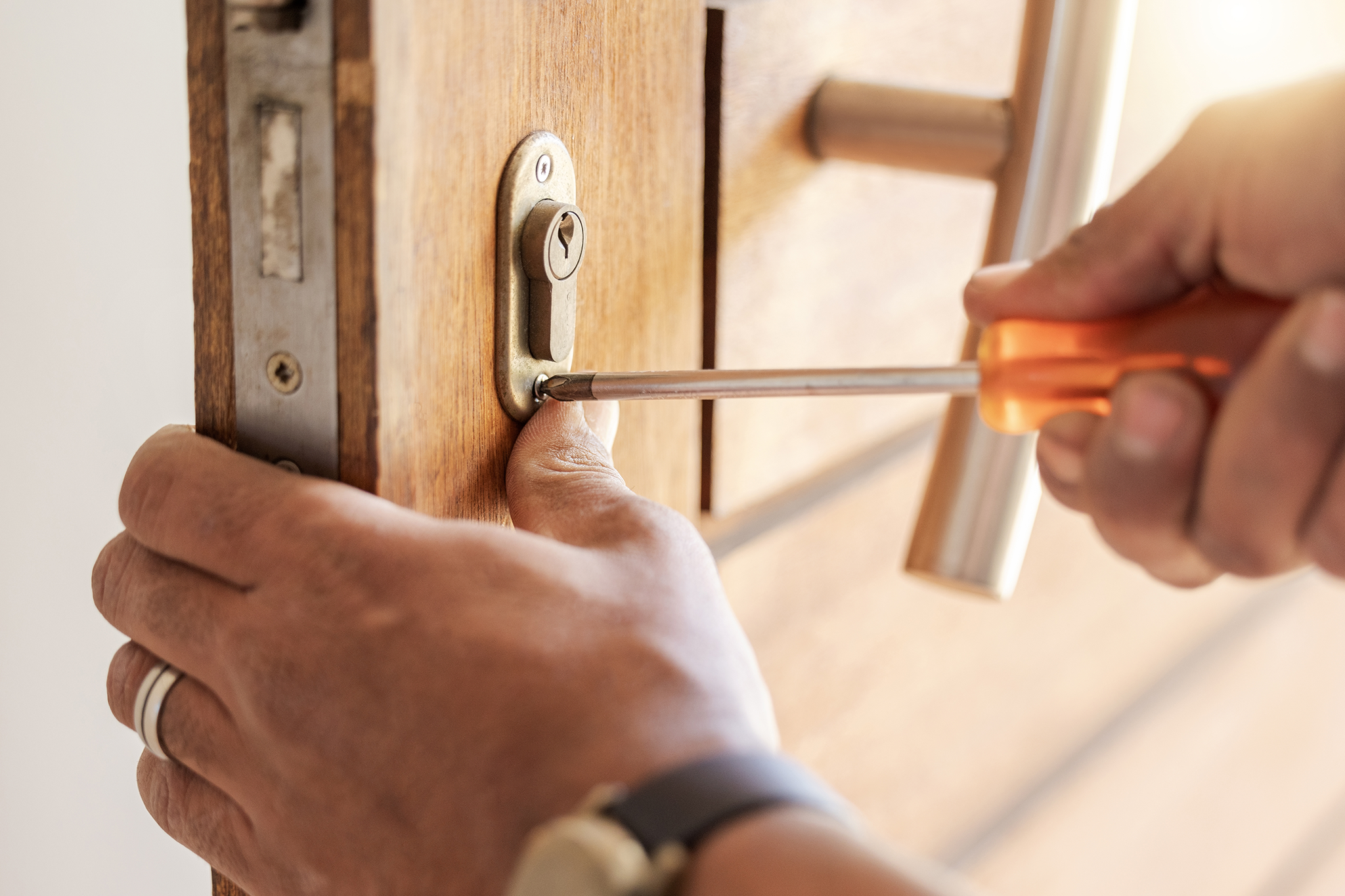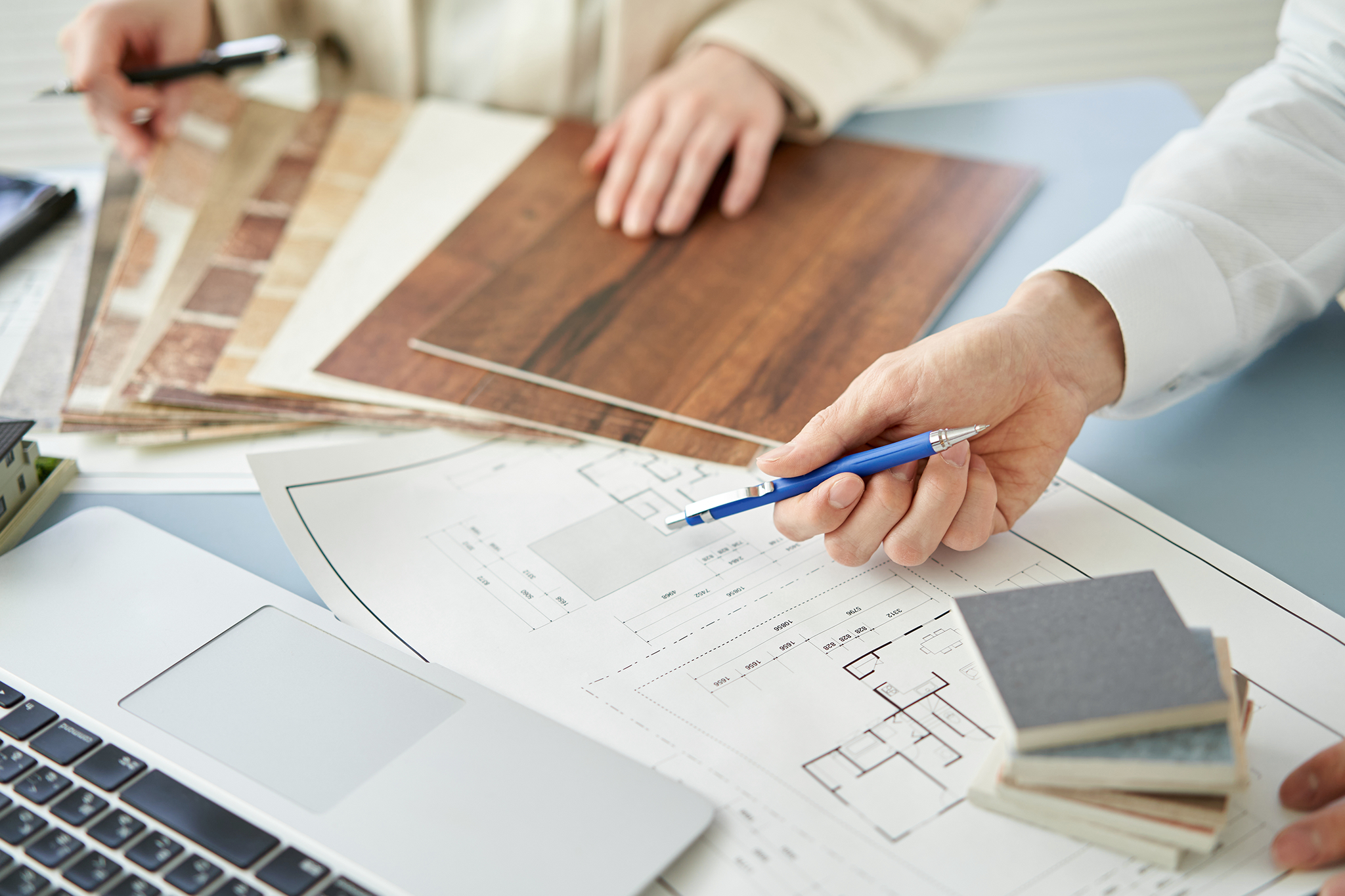
The First-Homeowner’s Survival Guide: Things You Might Not Know

The First-Homeowner’s Survival Guide: Things You Might Not Know
You’ll learn many things during your time at school, like the Pythagorean theorem, the periodic table, and how to play Hot Cross Buns on the recorder. However, unfortunately some of the most valuable lessons that would make life easier as an adult don’t make it into the curriculum. This guide will explain some of the practical things you need to know to avoid a lot of stress and unnecessary (and frequent) phone calls to worn-out parents or relatives. The First Homeowners Survival Guide is a simple, easy-to-understand resource to help you navigate the essentials before moving in.
House Insurance
We can’t overstate the importance of taking out house insurance by the date of settlement. While it’s unlikely, your house and possessions may sustain damage before you move in, leaving you completely responsible for the repairs. In severe cases, people’s homes have been destroyed shortly after settlement, leaving them with a hefty debt and nowhere to live. Protecting your investment from day one is essential.
Setting Up Utilities
Closing accounts at your old place
Before moving out, arrange a final meter reading for electricity, gas, and water to ensure you’re only charged for what you’ve used. Contact your provider to schedule a final reading on or just after your move-out date. Some meters can be read remotely, while others require a technician. Once the final reading is done, you’ll receive a closing bill.
Connecting services at your new home
To avoid any delays at your new home, arrange utility transfers or new connections at least two weeks in advance.
- Electricity & gas: If your current provider services your new address, you may be able to transfer your account online. Otherwise, compare plans and sign up with a new provider. Schedule disconnection at your old home for the day after you move out and ensure your new home is connected before you arrive.
- Water: Update your details with the Water Corporation to ensure accurate billing.
- Internet & phone: Check what’s available at your new home (e.g. NBN) by calling a provider or searching your address on their provider’s website. Be sure to arrange installation in advance, as you may require a new modem. This is also a good opportunity to review your current plan and compare providers for a better deal!
- Rubbish collection: While this service is often automatically arranged, in some cases, you may need to set up rubbish collection with your council. This may involve a phone call or completing an online form. You’ll also need to update your details with the council for any associated rates and apply for additional services such as green waste collection. Your council will likely advise you of your new bin schedule, and this information is also available online. If all else fails, follow your neighbours…
Emergency Basics – Turning Off Water, Power & Gas
Knowing how to shut off your home’s utilities can prevent damage and hazards in an emergency.
- Water: The main water shut-off valve is usually located near the water meter outside your home.
- Power: Your electrical switchboard (usually near the front of the house or in the garage) contains circuit breakers that control power to different areas of the home. The main switch can be used to turn off electricity entirely.
- Gas: The gas meter is typically outside near the front of the home.
Knowing the location of your meter boxes and how to control these utilities is crucial.
Changing Locks
If you’ve purchased an established home, you should arrange to have the locks changed before you move in. It’s difficult to know how many copies of your keys are floating around, especially if the property’s had multiple owners or tenants. New locks mean total security and peace of mind.
Avoiding & Dealing with Blocked Drains
Do what you can to avoid blocked drains – trust us, prevention is better than treatment. While this is more common in older homes, even new properties aren’t immune to drain blockages. To keep things flowing smoothly:
- Pour hot water down your drains regularly; and
- Use drain-cleaning crystals every few weeks as a preventative measure.
Once a drain is completely blocked, it can be tricky to resolve the issue without calling in a plumber.
Organising Documents
This is more of a general tip, but we suggest organising all your insurance papers, receipts, business cards for tradespeople, and more into a binder where they can be easily located. There’s nothing more frustrating than waiting on hold with your gas company for an hour only to be asked for the one document you can’t seem to find. While most things are online these days, the information you need may be buried under hundreds of emails, so it’s handy to have hard copies of important documents that you can easily refer to. Keeping everything in one place will save you headaches now and prove invaluable when it’s time to sell.



